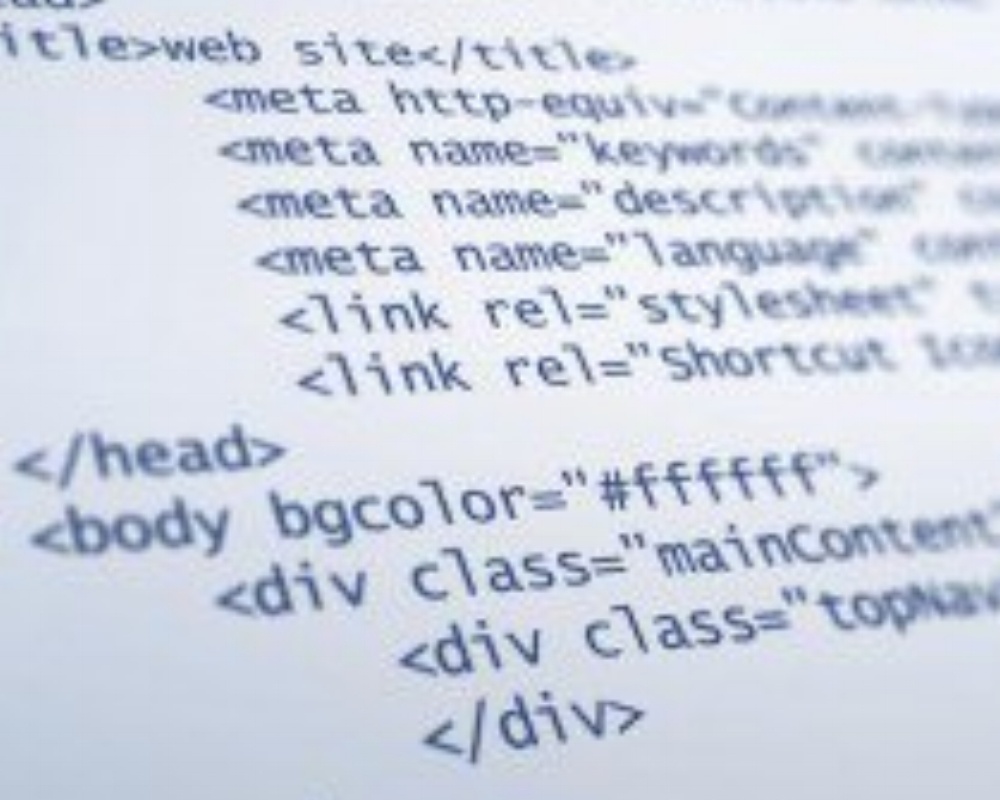
5 Important Factors in Choosing a CMS
Content Management Systems (CMS) have been a common component of most website builds for the last decade. They allow for basic content updates that make small changes very efficient, like editing a few words on a page or changing a phone number.
Instead of sending your requested changes through a process, you have the ability to ‘Edit Page’ and change the necessary wording through a WYSIWYG (‘What You See Is What You Get’) editor that shares some of the same functionality as Microsoft Word. This article explores some of the basic requirements you need to consider when selecting a CMS.
Ease-of-Use
A CMS is built into your website for back-end administrators (like you!) to make updates to your site. One of the most important criteria to selecting a CMS is that you have an intuitive back-end experience while keeping your site’s content up-to-date. Prior to making a CMS selection, ask your development vendor to take you through a back-end tour of a CMS for an existing website that they have built. This will alleviate any worries you may have regarding selection of a CMS.
Flexibility
Going through a Discovery process to establish how your website is going to function is one of the most critical steps to ensuring a successful project. You will spend most of your time about what the your website visitors experience is. However, the Discovery process is an appropriate time to identify how much of the website is going to be able to be editable on the back-end. The more control you need, the longer the development cycle will be. You will want to balance those upfront costs versus having a developer on a maintenance retainer to make some of the bigger code and styling updates.
Security
Security is going to be a key requirement in deciding which CMS is right for you and your users. Like the many OS updates we have to make on our phone, we also have to continue to make sure that our sites and their plugins, modules, and themes are consistently updated to prevent cyber attacks. Your website hosting and servers will also play a key role in your IT security. Preventative maintenance of security updates will go a long way in keeping your site secure and up and running.
Longevity
Your website is a tool that needs to stand the test of time, well at least two or three years between your redesigns. When selecting your CMS, make sure that it is a well-established platform that will continue to evolve along with the web and your needs. Whether selecting an open source or propriety CMS, make sure that you have the proper access to your codebase should you wish to make a switch of development vendors.
The Outliers
Then there are the other requirements that are specific to just your website:
Do you require multi-lingual support?
Do you need a workflow for compliancy review?
Do you want to implement a blog?
Do you have any third-party integration (salesforce or HubSpot) that may impact your CMS selection?
Does your IT department require that you host the site on a Windows server?
The list of criteria and questions continue, but it is a very important choice. Make sure that you are the key decision make in determining CMS is right from you. Take advice from your development vendor, but make sure that you do what is right for your organization and the ongoing maintenance of your site.








